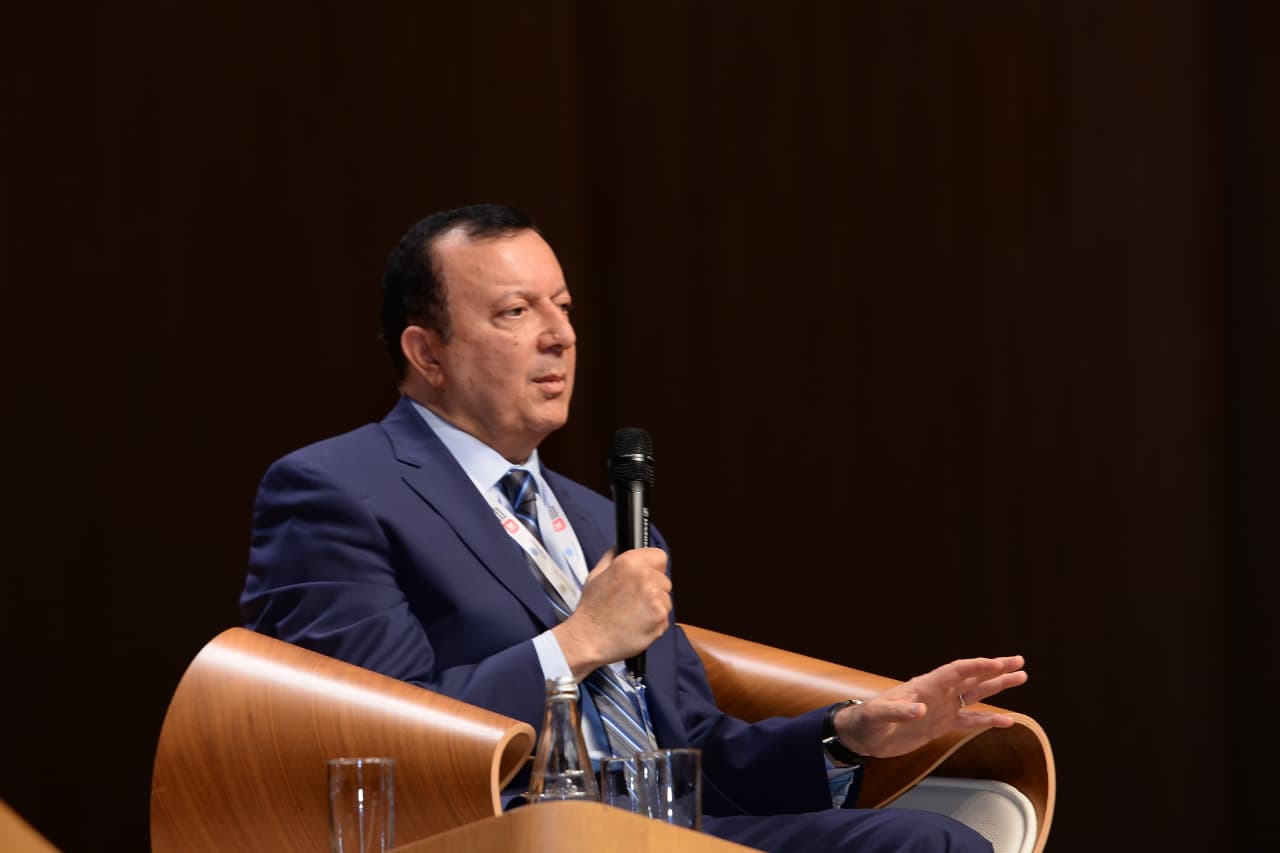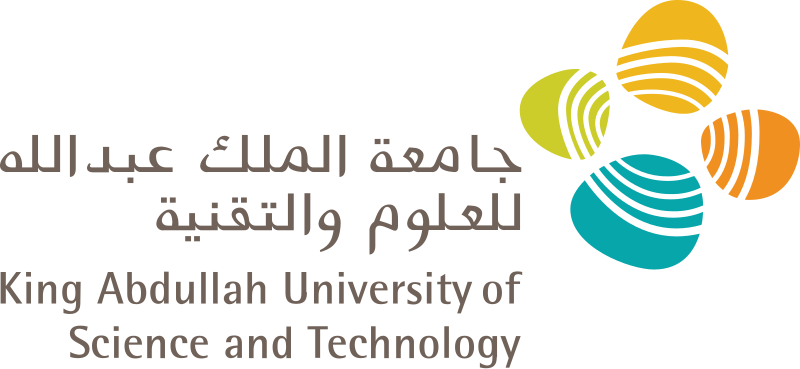
Registration Opens for SAF 2025: International STEAM Azerbaijan Festival Welcomes Global Youth
The International STEAM Azerbaijan Festival (SAF) has officially opened registration for its 2025 edition!

On the second day of the THE Eurasian Universities Summit, academic leaders from Azerbaijan, the United Arab Emirates, and Sri Lanka came together at a panel session titled “How Eurasian Universities Are Driving Climate Action” to share their perspectives on how higher education institutions can transform research, policy, and student engagement into meaningful contributions to sustainability.
The first speaker, Rufat Azizov, Rector of Azerbaijan Oil and Industry University, began by defining sustainability and emphasized that it must become an integral part of universities’ strategic development, rather than being limited to individual projects: “ Actually for me, sustainability is about doing the right things in the right way for the long time, having some ethical components, social responsibility and using the resources more efficiently,” he stated. He also noted that while his university has strong dual-degree programs with respected universities such as Warwick and collaborations with government bodies like the Water Resources Management Agency, when it comes to academia–industry partnerships, there are some successful case studies within several projects—but a more systematic approach is needed to ensure long-term impact.
Building on this call for systematic approaches, Deputy Vice-Chancellor Mohsen Sherif of United Arab Emirates University presented how his institution is embedding sustainability across operations, education, research, and partnerships. He explained that the university is implementing ambitious sustainability goals on its own campus — including ensuring that 30% of its energy needs are met by renewable sources, reducing water consumption by 5% annually, and expanding the use of treated wastewater.
He stressed that climate change is a global challenge that cannot be solved in isolation. UAE University is funding collaborative research with universities in Azerbaijan, Kazakhstan, and across Africa, focusing on energy conservation, water efficiency, and emission reduction. The Rector also highlighted that industries must be part of the solution — not only through financial support but also by sharing data such as fossil fuel usage and greenhouse gas emissions, enabling researchers and students to develop effective solutions. Finally, he called for the creation of a shared Euro-Asian knowledge database and a joint research funding network, that would also support expanded student and faculty exchanges to strengthen international collaboration.
Representing Sri Lanka, Dr. Loka Kish spoke about how Sri Lankan universities are investing in climate education and research. For example, climate change is integrated into undergraduate and postgraduate curricula, with students conducting projects on carbon footprint measurement, waste management, greenhouse gas inventories, and adaptation practices. Dr. Kish also highlighted international collaborations, such as an Asia-Pacific Network project with Sri Lanka, India, Bangladesh, and Pakistan, which focused on best management practices for saltwater intrusion in agriculture.
As climate change has no borders, the panel’s shared message was clear: only through global cooperation, practical strategies, and collective action can meaningful progress be achieved.
Share

Registration Opens for SAF 2025: International STEAM Azerbaijan Festival Welcomes Global Youth
The International STEAM Azerbaijan Festival (SAF) has officially opened registration for its 2025 edition!

Applying to KAUST - Your Complete Guide for Masters & Ph.D. Programs (Upcoming Admissions)
Admissions Overview & Key Requirements

Join the Edu-live Internship Program!
Are you passionate about journalism, education, science, as well as global study and development opportunities? Do you want to be part of a dynamic media platform that brings educational and scientific news and stories to life from around the world?

Young Leaders Union Conference 2025 in Paris (Fully Funded)
Join Global Changemakers in Paris! Fully Funded International Conference for Students, Professionals, and Social Leaders from All Nationalities and Fields

An mRNA cancer vaccine may offer long-term protection
A small clinical trial suggests the treatment could help keep pancreatic cancer from returning

Yer yürəsinin daxili nüvəsində struktur dəyişiklikləri aşkar edilib
bu nəzəriyyənin doğru olmadığı məlum olub. Seismik dalğalar vasitəsilə aparılan tədqiqatda daxili nüvənin səthindəki dəyişikliklərə dair qeyri-adi məlumatlar əldə edilib.